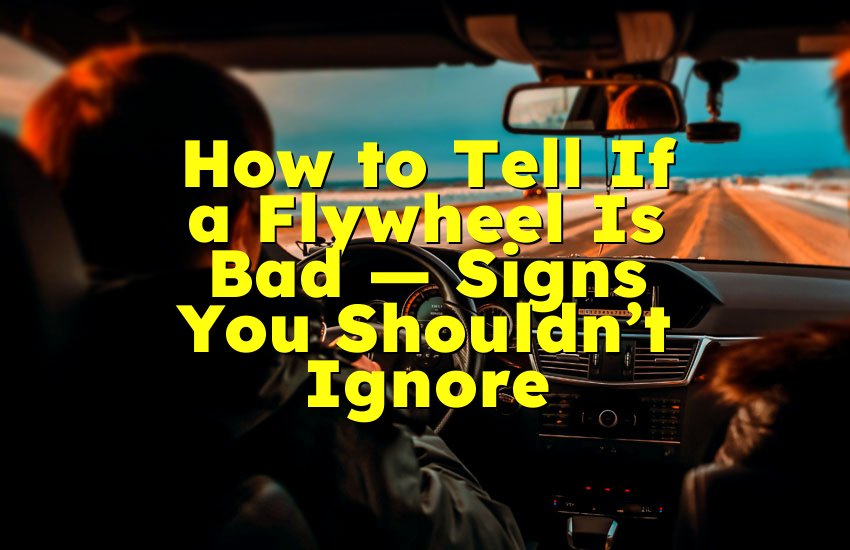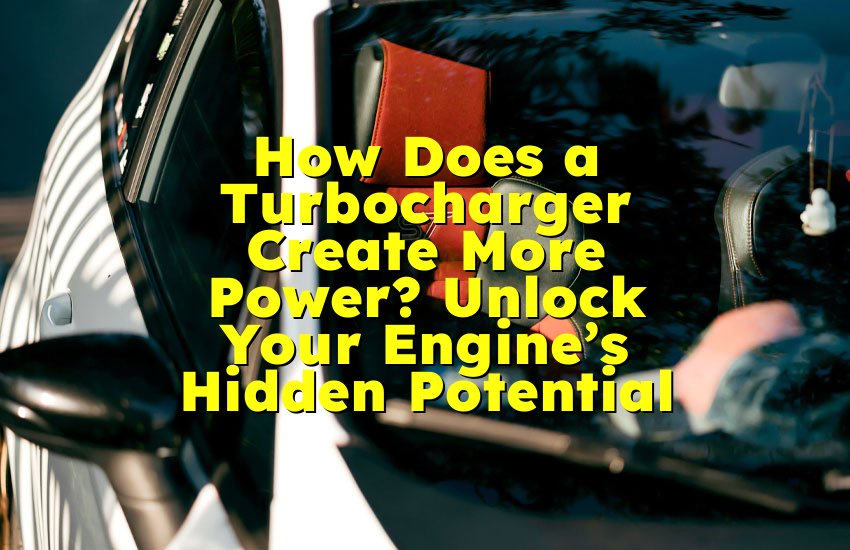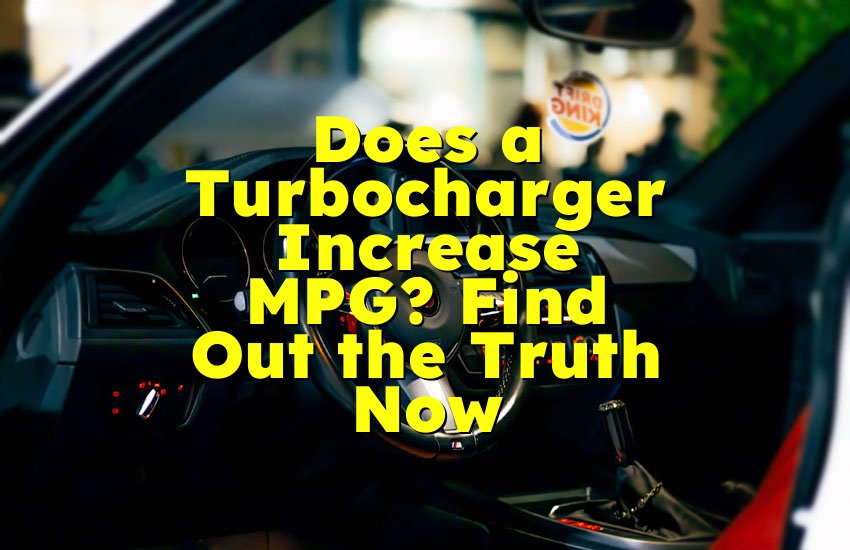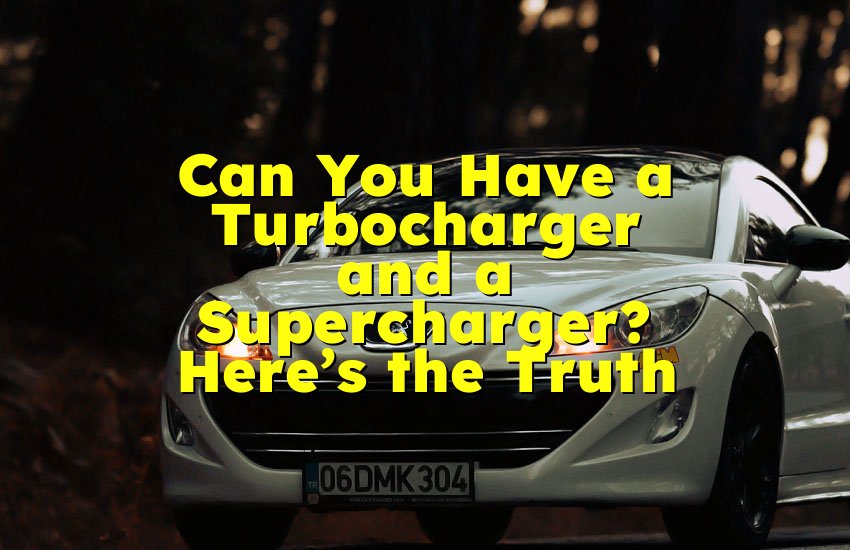As an Amazon Associate, I earn from qualifying purchases at no extra cost to you.
Rapid Clicking When Trying to Start Car: Causes and Fix It Now
You slam the key in the ignition, hoping to hear the smooth roar of your engine. Instead, a rapid clicking sound blasts from under the hood. Your heart sinks, and a wave of frustration hits. "Not today, please!" you mutter.
This sound is alarming but common. It often signals a problem with the battery, connections, or starter. Ignoring it can leave you stranded or cause bigger damage. But don't panic. Most causes are simple to fix, and understanding what's happening gives you control.
Why Your Car Makes Rapid Clicking Sounds When Starting
Rapid clicking often comes from electrical issues. The battery is the main suspect. When the battery doesn't have enough power, the starter can't turn the engine fully. Instead, it clicks repeatedly. Corroded or loose battery terminals can also block power flow.
Dirty connections reduce the electrical current needed to start the engine. Sometimes, the starter motor itself has a problem. A worn-out starter can't engage properly, causing the rapid clicking sound. Even simple things like extreme cold can make the battery struggle.
Electrical connections are easy to check. Look at the battery terminals and wires. Make sure they are tight and clean. If corrosion is present, gently remove it with a baking soda solution or a wire brush.
Test the battery voltage if you have a multimeter. A fully charged battery should read around 12.6 volts. Anything below 12 volts may be weak. If cleaning the terminals doesn't help, the battery may need replacement.
The starter motor is another common reason. It has small electrical contacts that wear out over time. When they fail, it can't turn the engine fast enough.
Sometimes tapping the starter lightly with a hammer while someone turns the key helps it engage temporarily. This isn't a permanent fix but can confirm the starter is the issue. A professional mechanic can test it thoroughly and replace it if needed.
Sometimes, the problem isn't the battery or starter but the connections in between. Loose cables or corroded fuse connections can stop the current. Inspect all cables going to the starter and battery. Make sure they are tight and free of corrosion. Check fuses as well. A blown fuse in the starting circuit may cause rapid clicking.
- Check battery voltage
- Clean and tighten battery terminals
- Inspect cables and connections
- Check fuses
- Consider starter motor condition
Checking Your Battery First
Your battery is usually the culprit when you hear rapid clicks. Start by looking at its age. Most car batteries last 3–5 years. If it's older, it may be weak even if it seems fine. Cold weather can make an older battery struggle. Measure the voltage using a multimeter. A reading below 12 volts shows it may not have enough power to start the engine.
Next, inspect the terminals. Corrosion builds up over time, reducing power flow. Look for white, blue, or green powdery deposits. They can stop electricity from reaching the starter. Clean them carefully using a baking soda and water mixture. A wire brush can help remove stubborn corrosion. After cleaning, tighten the terminals firmly. Loose connections often cause the rapid clicking sound.
If cleaning doesn't work, try jump-starting the car. Connect jumper cables to a healthy battery, following the correct sequence. Start the engine and see if it turns over. If it does, the original battery is likely weak or failing. Even if the car starts, consider replacing the battery soon. A battery that struggles now may leave you stranded tomorrow.
Always remember safety. Wear gloves and eye protection when handling a battery. Batteries contain acid, which can burn skin or damage clothing. Avoid sparks near the battery, especially when jump-starting. Working methodically prevents accidents and protects your car's electrical system.
- Check battery age
- Inspect and clean terminals
- Measure voltage
- Test with a jump-start
- Replace if weak or old
Inspecting and Cleaning Connections
Electric current flows through wires and terminals. Any blockage can cause rapid clicking. Start with the main battery cables. Remove each cable and check for corrosion or fraying. A damaged cable may need replacement. Sometimes, simply tightening a loose cable solves the problem.
Look at the connections at the starter. These are often overlooked. Dirt or rust can reduce power, stopping the starter from turning the engine. Clean carefully and ensure tight connections. Fuses are next. Check the fuse box for any blown fuses related to starting. Replace as needed.
Corrosion may also hide under terminal covers. Remove them if possible. A small wire brush and a solution of baking soda and water will clean them. Wipe everything dry before reconnecting. Connect cables in the correct order: positive first, then negative. Always double-check tightness.
- Remove cables and inspect
- Clean corrosion
- Check starter connections
- Inspect fuses
- Reconnect securely
Testing the Starter Motor
A faulty starter can cause rapid clicking. First, locate the starter. It's usually near the bottom of the engine, attached to the transmission. Look for wires connected to it. Inspect them for damage or looseness. Sometimes a small tap on the starter with a hammer while turning the key helps it engage.
If the car starts with a tap, the starter is likely the problem. A mechanic can test it with a special tool to confirm. Starters wear out over time. The internal gears or electrical contacts can fail, preventing the engine from turning over. Replacing a starter is straightforward but should be done carefully.
Check the solenoid as well. This small component sends current from the battery to the starter. If it fails, the starter won't work properly. Solenoids can often be replaced separately, saving money. Listen for clicks at the solenoid when turning the key. No click may indicate solenoid or battery issues.
- Locate starter
- Inspect wiring
- Test with light tap
- Check solenoid function
- Replace if necessary
Considering the Alternator
Sometimes the alternator is behind the problem. It charges the battery while the engine runs. A failing alternator may leave the battery undercharged. You might notice dim lights or electrical issues before the clicking starts. Test the alternator using a multimeter while the engine runs. Voltage should be 13–14 volts.
A weak alternator can make a new battery seem dead. If the battery keeps losing charge, check alternator connections and belt condition. Loose belts reduce alternator output. Tighten or replace belts as needed. A mechanic can perform a full alternator test. Replacing an alternator ensures consistent battery charging.
Preventive checks help. Look for warning lights on your dashboard. Strange electrical behavior can indicate alternator problems early. Catching it early avoids getting stranded due to rapid clicking caused by a dead battery.
- Test alternator voltage
- Inspect belt condition
- Check connections
- Replace alternator if weak
- Watch for dashboard warning lights
When to Call a Professional
Sometimes DIY fixes aren't enough. If rapid clicking persists after checking the battery, starter, and connections, call a professional. Electrical problems can be tricky and unsafe if handled incorrectly. Mechanics have the tools and experience to diagnose the exact cause.
Do not keep trying to start the car repeatedly. This can drain the battery completely or damage the starter. A professional can perform load tests, check wiring, and inspect hidden components safely. Trusting an expert saves time, money, and stress.
Keep records of any work done. It helps the mechanic understand past issues. Regular maintenance of the battery, starter, and alternator can prevent future rapid clicking. Taking care early avoids being stuck on the side of the road.
- Stop repeated attempts
- Call a certified mechanic
- Keep repair records
- Maintain electrical system
- Prevent future issues
Driving Habits That Help Prevent Clicking
Your driving habits affect your car's starting system. Avoid leaving lights or accessories on when the car is off. Even a short drain can weaken the battery. Warm up your car in cold weather gradually. Extreme cold can reduce battery performance.
Check your battery regularly. Clean terminals, inspect cables, and ensure it is secure. Regularly drive the car long enough for the alternator to recharge the battery fully. Short trips may not give the alternator enough time, weakening the battery.
Listen to your car. Strange noises or slow cranking can warn you of an issue. Acting quickly saves you from larger repairs. Keeping up with regular maintenance helps prevent rapid clicking and other electrical problems.
- Avoid leaving accessories on
- Warm up car in cold weather
- Check battery regularly
- Drive long enough to recharge battery
- Listen for unusual sounds
Final Thoughts
Rapid clicking when starting your car is frustrating, but most problems are fixable. Battery, starter, and connections are usually the cause. Inspect, clean, and test carefully. If issues continue, a mechanic can help. With regular checks and smart habits, you can prevent this problem and enjoy smooth starts every time.
| Issue | What to Check | Quick Fix | Replacement Needed |
|---|---|---|---|
| Battery | Voltage, age, terminals | Clean, tighten, jump-start | If weak or old |
| Starter | Wiring, solenoid | Tap lightly | Replace if faulty |
| Connections | Cables, fuses | Tighten, clean | Replace damaged cables |
| Alternator | Output voltage, belt | Tighten belt | Replace if weak |
| Driving habits | Accessories, short trips | Avoid draining battery | Not applicable |
Do electrical issues always cause rapid clicking?
Electrical problems are the main reason, but not the only one. Rapid clicking usually comes from a weak battery. Loose or corroded connections can worsen it. Sometimes the starter or solenoid has an issue. Even the alternator may play a role. Mechanical problems in the engine are less common but possible.
Testing is key. Check the battery voltage first. Look at terminals and cables. If everything seems fine, inspect the starter motor and solenoid. Alternator tests can confirm charging issues. Correct diagnosis avoids unnecessary repairs.
Regular maintenance reduces the risk. Clean terminals, check wires, and replace aging parts before they fail. Catching problems early prevents being stranded. Understanding your car's starting system builds confidence.
Persistent issues mean a professional check is needed. Mechanics have tools to measure current, voltage, and starter performance accurately. Acting early saves money and stress.
Can cold weather make rapid clicking worse?
Yes, cold weather can make the battery weaker. Chemical reactions slow down, reducing available power. Older batteries feel it more. Rapid clicking is common on very cold mornings. Cold also thickens engine oil, making it harder for the starter to turn the engine.
Prevention helps. Keep the battery fully charged, especially in winter. Using a battery blanket or keeping the car in a garage can reduce cold effects. Warm up the car gradually instead of repeatedly turning the key.
Check your battery before winter. If it's near the end of its life, replace it early. Cold weather often reveals hidden weaknesses in older batteries. A healthy battery should start the car reliably, even in freezing temperatures.
Regular winter checks prevent being stranded. Clean terminals, inspect cables, and make sure connections are tight. Avoid short trips that don't give the alternator enough time to recharge the battery.
Do repeated attempts to start the car make things worse?
Yes, turning the key repeatedly can worsen the problem. Each attempt draws more power from the battery. A weak battery can drain completely, making the car harder to start. It can also stress the starter motor, causing wear or damage.
If the car doesn't start after a few tries, pause. Check battery, connections, and terminals. Jump-starting may be necessary. Repeated attempts without inspection often create bigger problems.
Professional help is safer. Mechanics can test battery, starter, and electrical connections quickly. They prevent unnecessary damage. Acting smart saves time and money.
Avoid frustration by checking the obvious causes first. Battery voltage, terminal corrosion, and loose cables are easy fixes. Then assess the starter motor or alternator if needed.
Can a failing starter cause rapid clicking even with a good battery?
Yes, a starter can fail even if the battery is strong. Worn contacts, gears, or solenoids may prevent the starter from engaging properly. The result is rapid clicking when you turn the key.
Testing helps. Tap the starter lightly while turning the key. If it starts, the starter is likely the issue. A mechanic can test and replace the starter or solenoid. Starters wear out naturally over time.
Inspect wiring too. Loose or corroded connections can mimic starter failure. Cleaning and tightening connections may solve the problem. Starters are replaceable, and doing so restores reliable starting.
Pay attention to sounds. Rapid clicks, slow cranking, or grinding noises are signs. Acting early prevents getting stranded and avoids further engine stress.
Frequently Asked Questions (FAQs)
Is it normal for a car to click rapidly in cold weather?
It can be normal if the battery is weak or the oil is thick. Cold slows chemical reactions in the battery, reducing power. Older batteries are more affected. Cleaning terminals and fully charging the battery helps. Short-term rapid clicking can happen, but persistent clicking needs inspection.
Can a dead battery cause rapid clicking?
Yes, a dead or weak battery is the most common cause. The starter doesn't get enough power, producing rapid clicks. Check battery voltage with a multimeter. Jump-starting may help temporarily, but replacing the battery may be necessary.
Do loose battery terminals cause rapid clicking?
Absolutely. Loose or corroded terminals block current flow. Tighten and clean them to restore power. Even a fully charged battery may fail if connections are bad. Inspect all connections before testing other components.
Can a faulty alternator trigger rapid clicking?
Yes, if the alternator isn't charging the battery properly. A weak battery from a failing alternator can cause clicks. Test alternator output with a multimeter. Look for dashboard warning lights and dim electrical systems.
Is it safe to tap the starter?
Tapping lightly can help diagnose a worn starter temporarily. Never hit it hard. If it starts after a tap, the starter likely needs replacement. Safety precautions include gloves and eye protection.
Do short trips affect starting?
Yes, short trips don't give the alternator enough time to recharge the battery. Over time, the battery weakens, causing rapid clicking. Longer drives help maintain proper battery charge.
Can extreme heat cause clicking?
Extreme heat can affect battery performance, though less than cold. Heat can increase self-discharge and reduce battery life. Inspect batteries in hot climates regularly.
Do I need a mechanic if cleaning the battery doesn't work?
Yes, persistent clicking after cleaning indicates a deeper problem. A professional can test battery, starter, and alternator accurately. Acting early prevents further damage.











